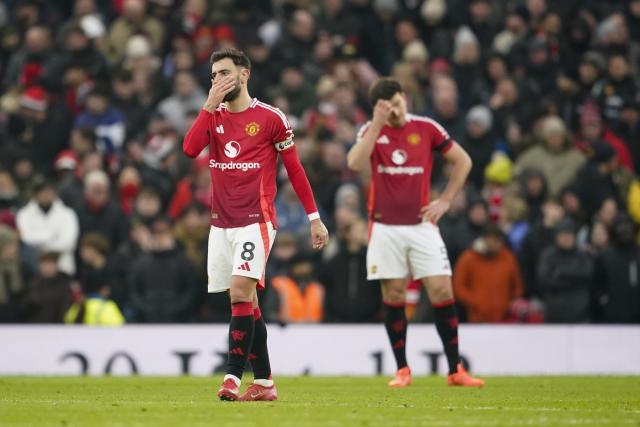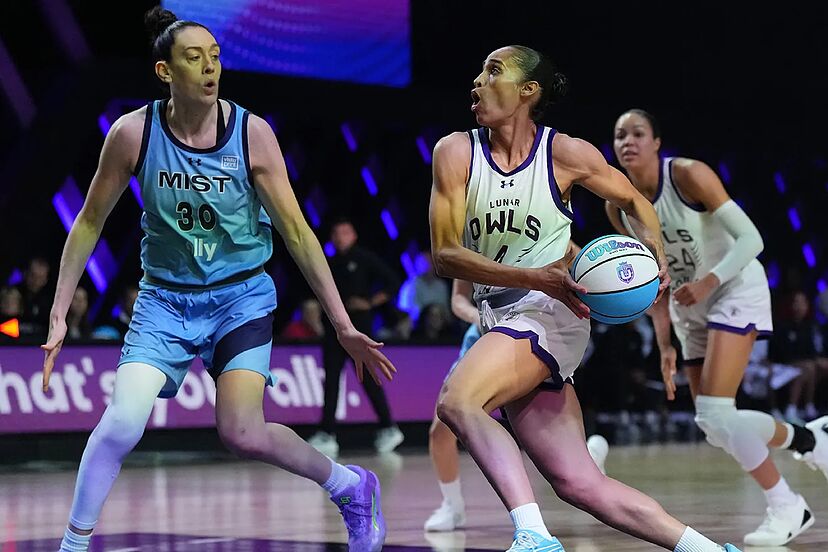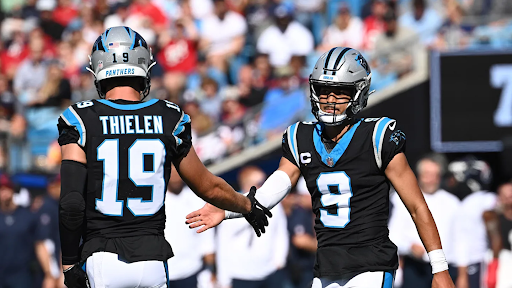Blood was shed in the name of politics at the Egyptian city of Port Said after 21 were sentenced to death over a soccer riot in Egypt last year. Outraged protesters stormed the streets Saturday, killing 37 and injuring at least 300, according to The Namibian.
Gunshots and fire swept the northern city as devotees of the Masry soccer team protested the sentencing of the Masry fans and former police officers convicted of killing 74 Ahly fans during a Feb. 2012 soccer game.
“Egyptians are very worried about what is happening because they feel the country is getting into a very difficult situation,” said Sadek, professor of political sociology at the American University in Cairo to USA Today.
What began as a sports-related riot last year now has the whole nation in a panic.
Masry fans claim the soccer riot was encouraged by former members of the Mubarak regime in order to destabilize the nation.
Alternatively, the Ultras, as extreme Ahly fans call themselves, claim the melee that took 74 lives and injured another 1,000 was a subplot orchestrated by police attempting to end the Ultras’ activity. The Ultras therefore demanded that those responsible for the killings be sentenced to death to prevent further chaos across the nation.
“I don’t think you can completely blame the police,” said the captain of Guilford men’s soccer team, junior Michael MacVane. “I think it was a riot because the teams don’t like each other, and I think it was a little of soccer bad blood.”
But riots soon became conflict rooted in something deeper than the game. Now identified as another of many riots and protests in Egypt, such violence is reminiscent of the instability found in the nation’s Arab Spring movement.
“We need to look more deeply at the issues underlying the conflict and the instability in Egypt now and reflect back on the revolution that ousted Mubarak a couple of years ago,” said Assistant Professor of Peace and Conflict Amal Khoury. “The protests and riots fell on the second year anniversary of the uprising as well, and the protestors have political and other concerns that they are rioting against.”
The conflict is no longer an issue of athletic competition.
The Egyptian army has since deployed to Port Said to provide protection for the prison and other government buildings, according to the Los Angeles Times.
“Egyptians now have minimum respect for rule of law,” political analyst Mazen Hassan told USA Today. “It will be very difficult for them to accept verdicts that they see as unjust, especially when it comes to Port Said.”
In a country where soccer is so loved, the season kicked off Saturday with military-guarded stands instead of the usual roaring fans, according to CNN.
“Violence at soccer games hurts the image of the game that I love so much,” said Head Guilford Men’s soccer Coach Jeff Bateson. “It is a fantastic game, and crosses so many more lines in culture than we in America can truly comprehend.”






